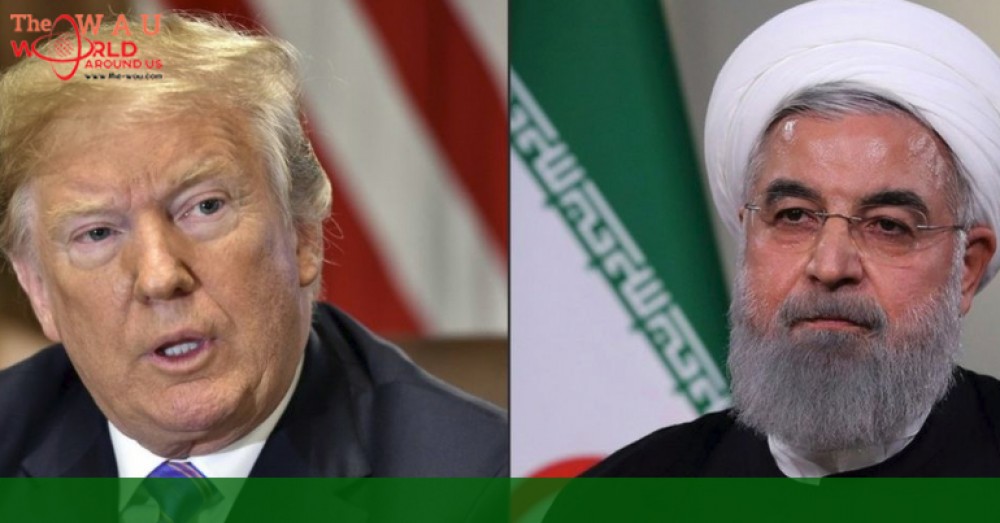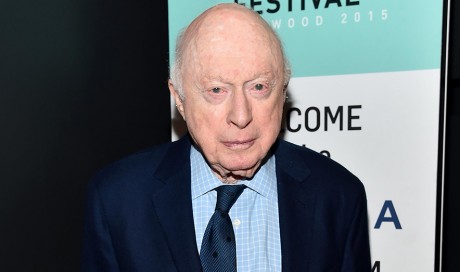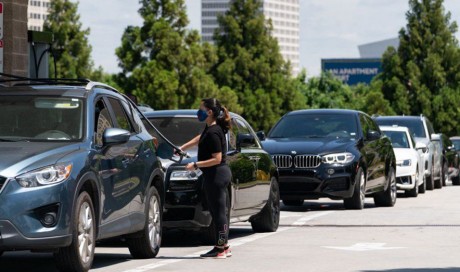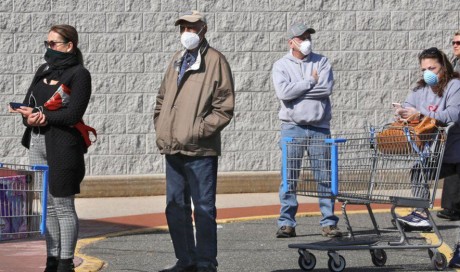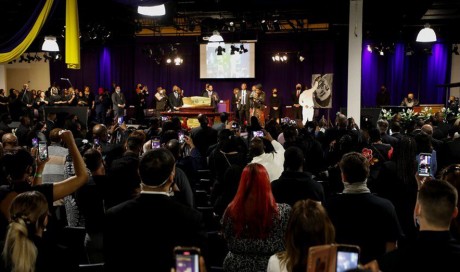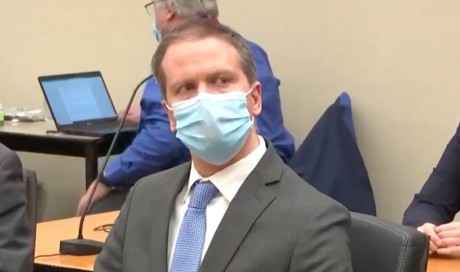As Washington is about to re-impose sanctions on Tehran in August, U.S. President Donald Trump said on Monday that he is ready to meet with Iranian President Hassan Rouhani with "no preconditions."
Speaking in a joint press conference with visiting Italian Prime Minister Giuseppe Conte, Trump said a meeting between U.S. and Iranian leaders is good for both sides and the world.
"I'll meet with anybody. I believe in meeting ... speaking to other people, especially when you're talking about potentials of war and death and famine and lots of other things ...," Trump said.
"I don't know that they (Iran) are ready yet ... I do believe that they will probably end up wanting to meet, and I'm ready to meet anytime they want to," he added.
The White House host said: "I don't do that from strength or from weakness, I think it's an appropriate thing to do."
"If we could work something out that's meaningful, not the waste of paper that the other deal was, I would certainly be willing to meet," he said.
Trump also said there are no preconditions for the meeting. "No preconditions, no. If they want to meet, I'll meet, anytime they want, anytime they want," he said.
U.S.-Iranian relations have been at odds as the Trump administration left the historic Iran nuclear deal, delegitimized its government, vowed to re-impose sanctions on the nation and pressed other nations to cut down their purchase of Iranian oil to zero.
Brian Hook, director of policy planning for the U.S. State Department, said earlier in July that the first part of U.S. sanctions on Iran will snap back on Aug. 6, targeting Tehran's automotive sector, as well as trade in gold and other key metals.
The remaining sanctions will return on Nov. 4, targeting Iran's energy sector and petroleum-related transactions, and transactions with the Central Bank of Iran.
Tehran has so far shown little interest in talking with Washington over a new nuke deal. Iranian Supreme Leader Ayatollah Ali Khamenei said lately that any negotiation with the United States to solve the existing problems is an "obvious mistake."
"I have reiterated that we cannot rely on the U.S. words and even their signature, therefore, negotiations with them are fruitless," he said.
However, Trump has since assuming presidency shown a strong favor for carrot-and-stick diplomacy. Besides reportedly mulling a plan to unite other Middle East nations to confront Iran, he has engaged in war of words with Iranian leaders and posted an all-caps tweet last week, threatening "consequences" for Tehran to bear.
For his part, Rouhani said that "Mr. Trump! ... Don't play with the lion's tail! It will be something to regret."
Chief of Staff of the Iranian Armed Forces Mohammad Baqeri hinted last week to blockade the Strait of Hormuz, saying that Iran, as "the dominant power" in the Gulf and the Strait of Hormuz, has always been the "guarantor" of the security of shipping in this vital waterway and "has the power to take actions against any scheme in this region."
In his meeting with Conte, Trump also said that his country and Italy will launch a new strategic dialogue to enhance cooperation on a range of issues, including joint security efforts in the Mediterranean region, such as the stabilization of Libya and North Africa.
The two nations also agreed to focus on the "urgent need" to protect their nations from terrorism and "uncontrolled" migration, Trump said.
He added that U.S. sanctions on Russia "will remain", without further elaborating.
Conte said Trump's immigration policy is "innovative," and the European Union "has a responsibility to not leave the weight of the management of immigration on the shoulders of the countries of first arrival, like Italy is."
He also called for promoting Italy-U.S. bilateral cooperation at all levels, particularly in space and aerospace fields.
Share This Post

